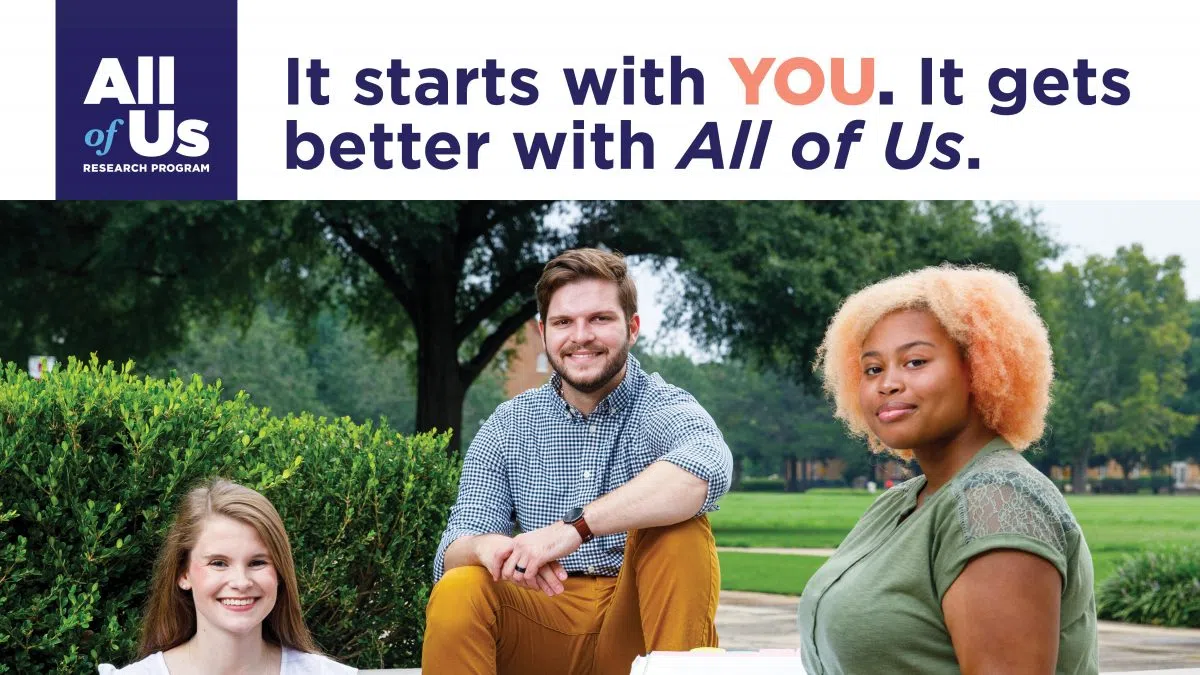By Mohamed Abdou
“AI and humans are both knowledge producers, just like sculptors and painters are both artists, but they will remain, in my opinion, forever different and separate,” says James Brusseau, a philosophy professor at Pace University who also teaches AI ethics at the University of Trento in Italy. “One will never be better than the other, they will just be different.”
Brusseau spoke on CNBC’s “Make It,” but his statement emphasizes the interconnectedness between two intelligent beings and why AI will never fully replace humans.
Although the future of our society is uncertain, many experts agree that it is unlikely that AI will ever be able to replace large parts of the human workforce. We live in a time when technological advancement is greater than ever before, and scientists still struggle to accurately predict its impact. There is serious debate about whether there will ever be fully automated systems that do not require human guidance and intelligence.
Because unlike machines, humans are intuitive, emotionally intelligent and physically adaptable. That’s what sets us apart from artificial intelligence. Humans will use their intelligence for innovation and specialization, while AI will take over the boring, automated tasks. But that’s where the concerns lie.
The transition to a society of specialized workers will increase competition for skilled workers, but many argue that such workers will become increasingly difficult to find. This is due to failures in the education system, corruption in governments at home and abroad, and a growing lack of personal ethical standards. Here, too, AI could be the solution.
In education, AI will enhance the learning experience to tailor it to the needs of each individual student, closing achievement gaps and under-skilled workforce gaps. In other areas, such as healthcare, it will assist medical professionals with diagnosis and data processing, leading to more precise treatment.
The greatest threat from AI is likely to be to skilled workers, as they will be able to accumulate more knowledge and apply it more precisely and quickly.
Regardless of who will replace what, it is crucial to develop high ethical standards for the use of AI. Its increasing use will have profound effects on people.
There needs to be transparency and commitment to using AI for the greater good. And we need to educate people on how to use this technology effectively and embrace the significant technological advances that are a reality today.
With sufficient safeguards, AI could reach its full potential – namely, to give humans more power rather than replacing them.
Mohamed Abdou is a student at Shippensburg University and a participant in the 2024 Summer Internship and Enrichment Program run by the World Affairs Council of Harrisburg and PennLive.




